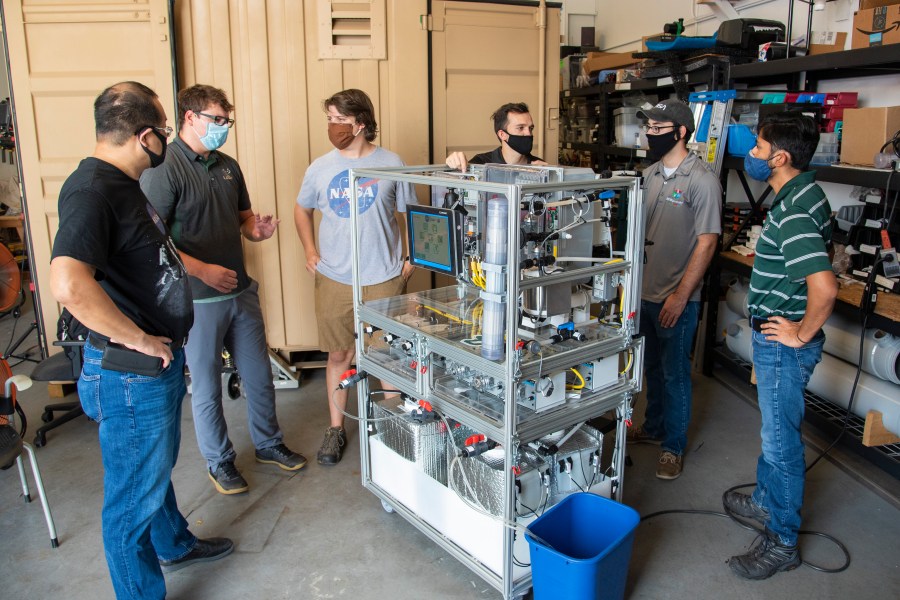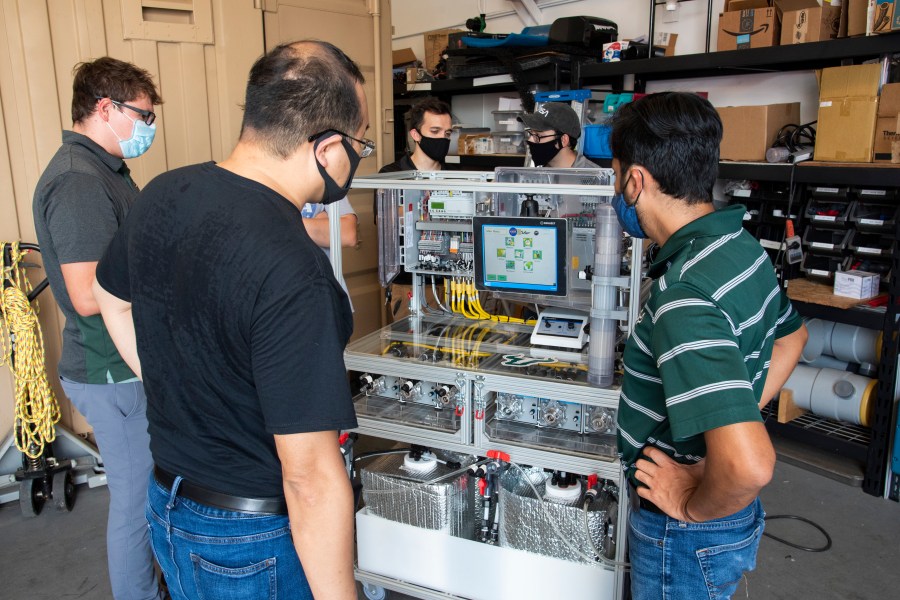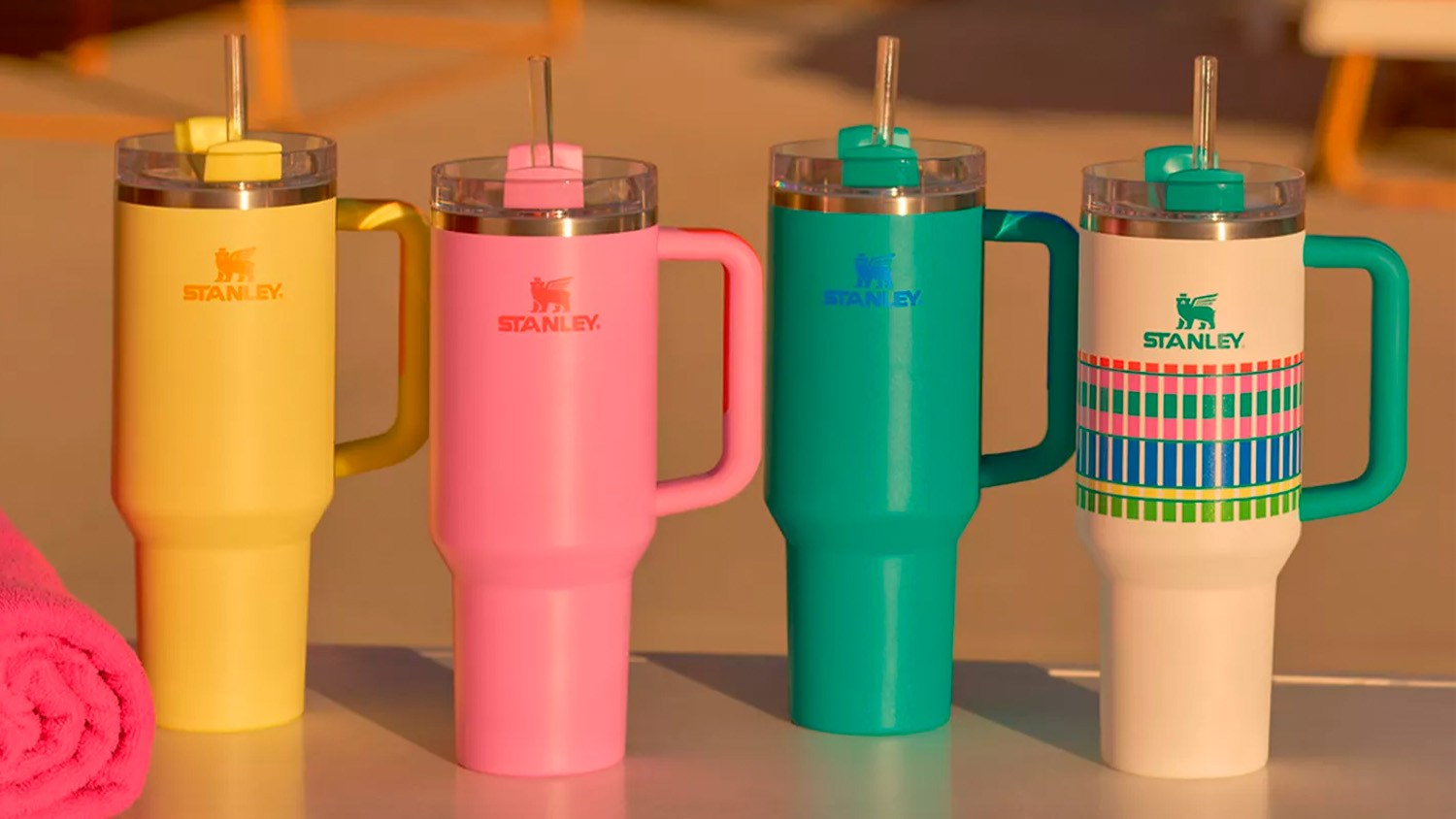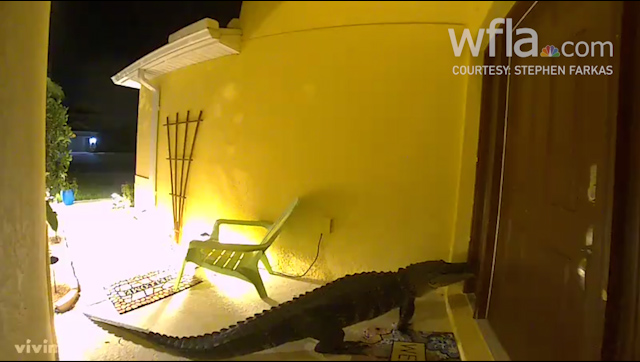TAMPA, Fla. (WFLA) – New technology created by a University of South Florida professor is being tested for possible use on NASA’s next moon mission.
Professor Daniel Yeh invented the Organic Processor Assembly.
“Think of it as something that can sit behind the toilet and recycle whatever comes its way,” Yeh said.



How It Works:
The invention is about the size of a mini-fridge and would extract nutrients directly from the toilet and converts human waste into fertilizer and water.
“The astronauts, as they move further and further away from Earth, they might get tired of eating prepackaged food. The idea of being able to eat fresh food would be important from the perspective of providing basic nutrition that’s fresh, but also something that reminds them of home. I think that will be important for their psychology,” Yeh said.
According to Professor Yeh, for almost two decades, he’s been studying how to develop sustainable solutions for Earth, including how to turn wastewater into clean water.
“On planet Earth, we will have more than seven billion people by 2050. We’re going to have about nine billion people,” said Yeh. “There is a lot of waste that’s being generated and we also have food security problems and energy and water issues. So, what we’re really trying to do is develop sustainable solutions for the planet.”
NASA’s lunar exploration program, Artemis, is working to land the first woman and next man on the moon in 2024. NASA is expected to decide if the Organic Processor Assembly will be sent to the moon over the next two-three years.
“NASA is actually is looking at some pretty extreme examples of off-grid solutions, because the Moon and Mars are totally off-grid,” said Yeh. “So we said, well, we might be able to help. Let’s learn more about it and help where we can and that’s how we arrived at this point.”
Earlier this year, Yeh won the Kennedy Space Center’s 2020 Sustainable Environmental Awareness Award and received more than $340,000 in grant funding from NASA.
“I think for researchers, you want your research to matter,” said Yeh. “To find the work being a use, not only on Earth but potentially off Earth, that’s very rewarding to a researcher.”
The Organic Processor Assembly will be sent to the Kennedy Space Center next week. A second unit of the invention will remain at USF for further testing.
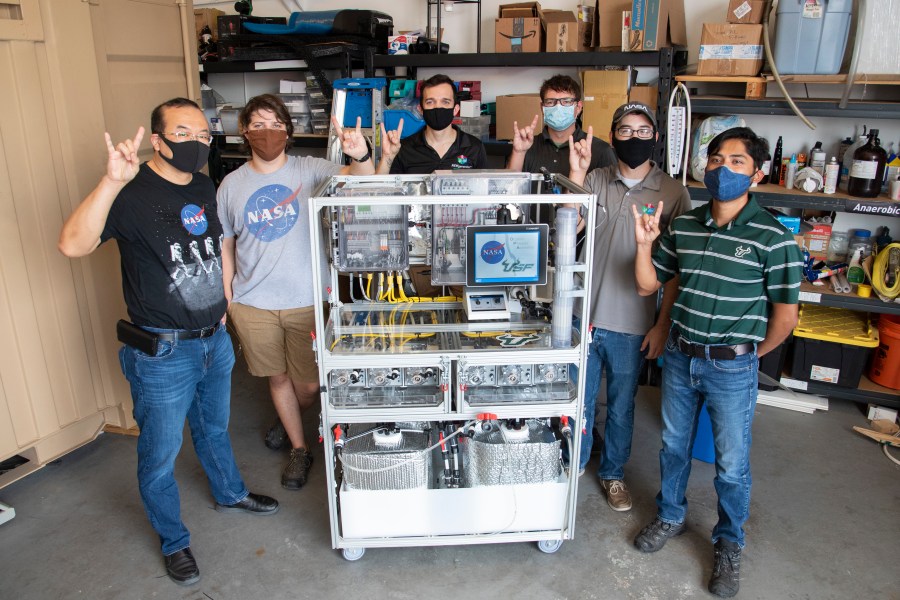
LATEST NEWS FROM WFLA.COM:
- ¡Hay una jungla ahí fuera! Las 8 historias de animales más salvajes de Florida de 2021
- Video muestra a una mujer golpeando a un pasajero desenmascarado en un vuelo de Tampa a Atlanta
- Washington D.C. Mayor says ‘we stand ready to support Baltimore’
- Police Department still on investigation for possible homicide in NY apartment.
- It’s a jungle out there! 8 wildest Florida animal stories of 2021
